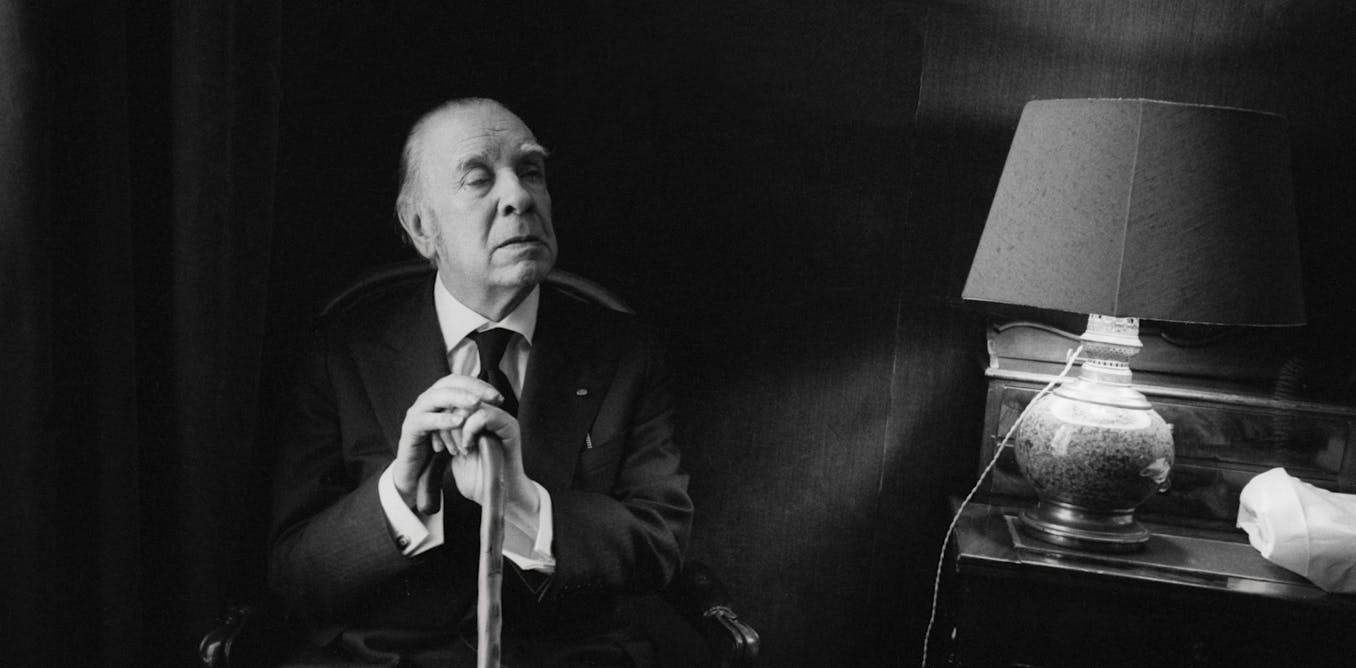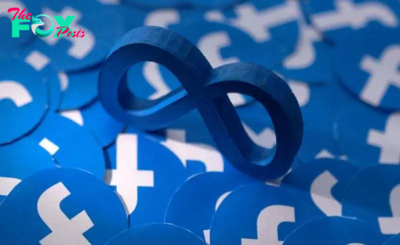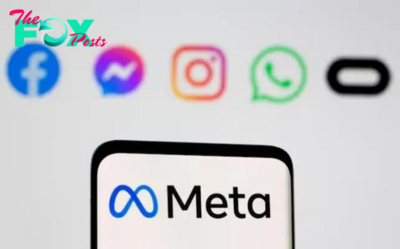Technology
AI-created images lose US copyrights in test for new technology
Images in a graphic novel that were created using the artificial-intelligence system Midjourney should not have been granted copyright protection, the US Copyright Office said in a letter seen by Reuters.
"Zarya of the Dawn" author Kris Kashtanova is entitled to a copyright for the parts of the book Kashtanova wrote and arranged, but not for the images produced by Midjourney, the office said in its letter, dated Tuesday.
The decision is one of the first by a US court or agency on the scope of copyright protection for works created with AI, and comes amid the meteoric rise of generative AI software like Midjourney, Dall-E and ChatGPT.
The Copyright Office said in its letter that it would reissue its registration for "Zarya of the Dawn" to omit images that "are not the product of human authorship" and therefore cannot be copyrighted.
The Copyright Office had no comment on the decision.
Kashtanova on Wednesday called it "great news" that the office allowed copyright protection for the novel's story and the way the images were arranged, which Kashtanova said "covers a lot of uses for the people in the AI art community."
Kashtanova said they were considering how best to press ahead with the argument that the images themselves were a "direct expression of my creativity and therefore copyrightable."
Midjourney general counsel Max Sills said the decision was "a great victory for Kris, Midjourney, and artists," and that the Copyright Office is "clearly saying that if an artist exerts creative control over an image generating tool like Midjourney ...the output is protectable."
Midjourney is an AI-based system that generates images based on text prompts entered by users. Kashtanova wrote the text of "Zarya of the Dawn," and Midjourney created the book's images based on prompts.
The Copyright Office told Kashtanova in October it would reconsider the book's copyright registration because the application did not disclose Midjourney's role.
The office said on Tuesday that it would grant copyright protection for the book's text and the way Kashtanova selected and arranged its elements. But it said Kashtanova was not the "master mind" behind the images themselves.
"The fact that Midjourney's specific output cannot be predicted by users makes Midjourney different for copyright purposes than other tools used by artists," the letter said.
-

 Technology3h ago
Technology3h agoPublic health surveillance, from social media to sewage, spots disease outbreaks early to stop them fast
-

 Technology8h ago
Technology8h agoWhy a Technocracy Fails Young People
-

 Technology20h ago
Technology20h agoTransplanting insulin-making cells to treat Type 1 diabetes is challenging − but stem cells offer a potential improvement
-

 Technology1d ago
Technology1d agoShould I worry about mold growing in my home?
-

 Technology1d ago
Technology1d agoBlurry, morphing and surreal – a new AI aesthetic is emerging in film
-

 Technology2d ago
Technology2d agoRethinking screen time: A better understanding of what people do on their devices is key to digital well-being
-

 Technology2d ago
Technology2d agoAn 83-year-old short story by Borges portends a bleak future for the internet
-

 Technology2d ago
Technology2d agoFacebook users in Germany can seek compensation for 2018–2019 data misuse | The Express Tribune



























